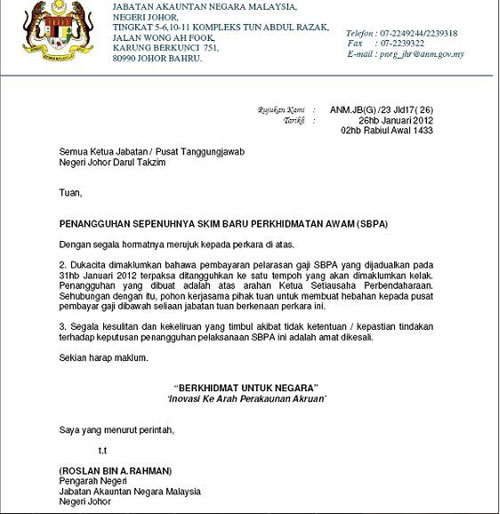Let's face it, talking about money can be uncomfortable. But when it comes to your career and your worth, it's a conversation you need to be prepared to have. You've been putting in the work, consistently exceeding expectations, and now you're thinking it's time for your compensation to reflect your contributions. You're right! Asking for a raise isn't about being greedy; it's about being fairly compensated for the value you bring to the table.
The first step towards a successful salary negotiation is understanding your worth. Research industry standards, analyze your performance, and quantify your accomplishments. Armed with this information, you can confidently articulate your value proposition to your employer. Think of it as a business proposal – you're essentially presenting a case for why you deserve a raise based on tangible results and contributions.
But it's not just about stating your case; it's about doing it effectively. This is where the art of communication comes in. Crafting a well-structured, persuasive letter can significantly increase your chances of success. This letter, often referred to as a salary increase request letter, is a formal document outlining your request and the rationale behind it.
While the thought of writing such a letter might seem daunting, it's a manageable task when broken down into key components. Your letter should be professional, respectful, and clearly articulate your desired salary increase. Remember, this isn't a demand; it's a negotiation. Approach the conversation with a positive and collaborative attitude, focusing on how your increased contribution benefits the company.
A well-crafted salary increase request letter not only strengthens your position but also demonstrates your professionalism and commitment to open communication within the company. It's a powerful tool that, when used effectively, can help you achieve your desired outcome and secure the compensation you deserve.
Now, let's dive deeper into the intricacies of salary negotiation, exploring different strategies, potential challenges, and practical tips to help you confidently navigate this crucial aspect of your career growth.
Advantages and Disadvantages of Requesting a Salary Increase
Requesting a salary increase, like any negotiation, comes with its own set of advantages and disadvantages. Understanding these can help you weigh your options and approach the situation strategically.
| Advantages | Disadvantages |
|---|---|
| Increased earning potential | Potential for rejection |
| Recognition of your contributions | Possible strain on relationship with employer |
| Improved morale and motivation | Risk of appearing demanding or ungrateful |
Best Practices for Requesting a Salary Increase
To maximize your chances of success, consider these best practices:
- Choose the Right Time: Timing is crucial. Avoid asking during busy periods or when the company is facing financial difficulties.
- Prepare Thoroughly: Research industry standards, gather performance data, and quantify your accomplishments.
- Practice Your Pitch: Rehearse your points and anticipate potential questions or objections.
- Be Confident and Professional: Approach the conversation with a positive and collaborative attitude.
- Be Open to Negotiation: Don't be afraid to counter-offer or explore other benefits if a salary increase isn't immediately feasible.
Challenges and Solutions in Salary Negotiation
Negotiating a salary increase can present various challenges. Here are some common ones and how to overcome them:
Challenge 1: Lack of Confidence
Solution: Thorough preparation and practice can boost your confidence. Focus on your accomplishments and the value you bring.
Challenge 2: Fear of Rejection
Solution: View rejection as an opportunity for growth and feedback. It's not a reflection of your worth.
Frequently Asked Questions About Salary Negotiation
1. When is the best time to ask for a raise?
The best time is typically during performance reviews or after successfully completing a significant project.
2. How much of a raise should I ask for?
Research industry standards and consider your performance and contributions. A reasonable range is typically between 3% to 10%.
Conclusion: Your Worth, Your Negotiation
Negotiating a salary increase is a crucial skill that can significantly impact your earning potential throughout your career. Remember, you are your own best advocate. By understanding your worth, preparing thoroughly, and approaching the conversation with confidence and professionalism, you can increase your chances of success. Don't be afraid to ask for what you deserve – your financial well-being and career growth depend on it. Start by researching, practicing, and refining your approach. Your future self will thank you.
contoh surat kenaikan gaji - The Brass Coq
contoh surat kenaikan gaji - The Brass Coq
contoh surat kenaikan gaji - The Brass Coq
contoh surat kenaikan gaji - The Brass Coq
contoh surat kenaikan gaji - The Brass Coq
contoh surat kenaikan gaji - The Brass Coq
contoh surat kenaikan gaji - The Brass Coq
contoh surat kenaikan gaji - The Brass Coq
contoh surat kenaikan gaji - The Brass Coq
contoh surat kenaikan gaji - The Brass Coq
contoh surat kenaikan gaji - The Brass Coq
contoh surat kenaikan gaji - The Brass Coq
contoh surat kenaikan gaji - The Brass Coq
contoh surat kenaikan gaji - The Brass Coq













